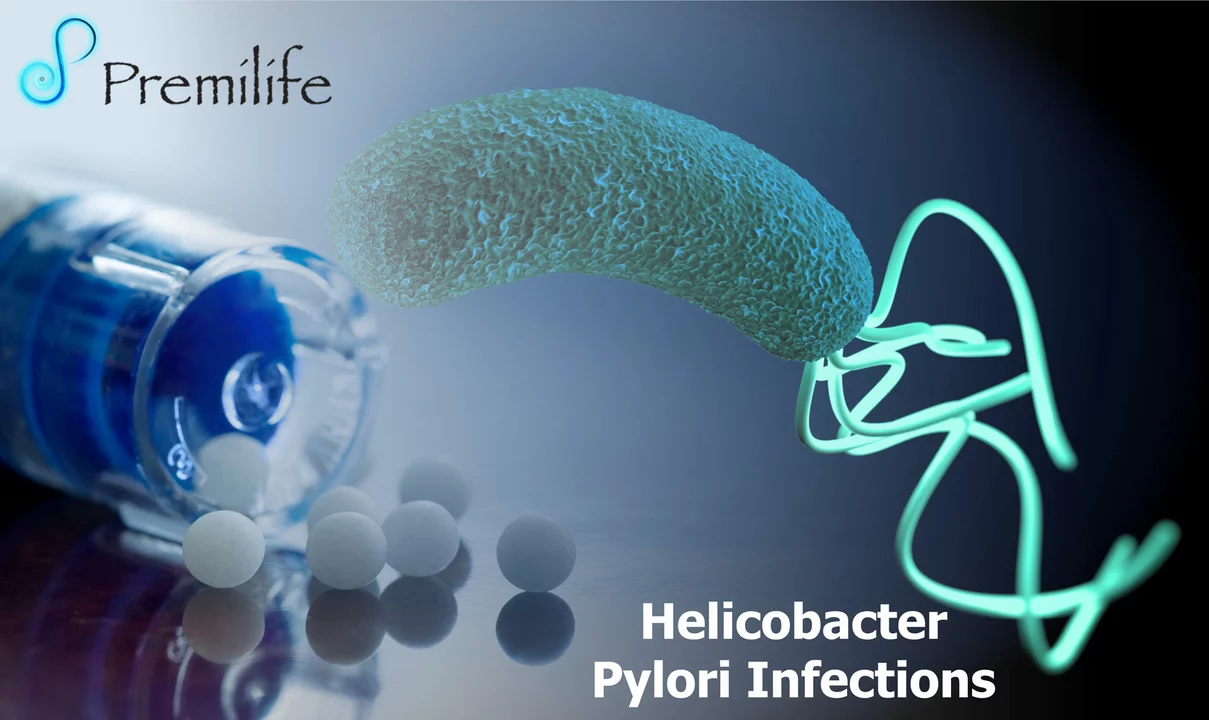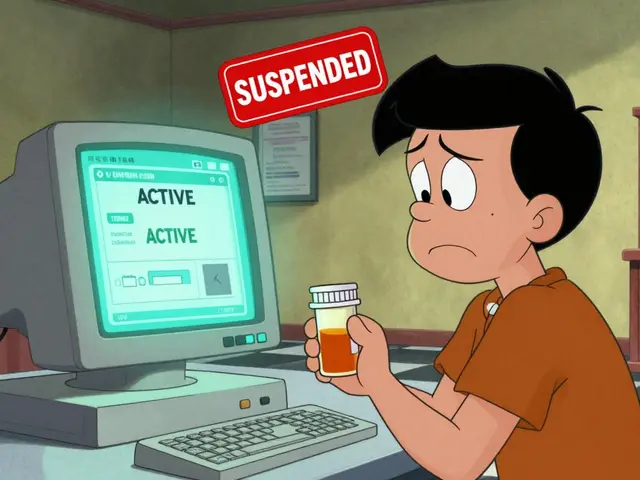Helicobacter pylori infection: what to watch for and what to do
Helicobacter pylori (H. pylori) is a common stomach bacteria that can cause gastritis, ulcers, and long-term inflammation. If you have recurring belly pain, burning in the upper stomach, bloating, or nausea, H. pylori might be the reason. Not everyone with the bacteria gets sick, but if symptoms don't go away, testing and treatment can help you feel better and reduce the risk of complications.
How doctors diagnose H. pylori
There are simple, reliable tests your doctor can use. The urease breath test checks your breath after you swallow a capsule and is fast and accurate. A stool antigen test looks for bacterial proteins in a bowel sample and is also very reliable. If you need a closer look at the stomach lining, your doctor might recommend an endoscopy with biopsy. Blood antibody tests exist but are less useful for checking current infection because antibodies can stay after the bacteria are gone.
Important: avoid taking antibiotics and stop proton pump inhibitors (PPIs) for a while before testing when possible. PPIs can make tests falsely negative. Ask your doctor how long to pause medicines before your test.
Treatment options that work
Treatment aims to fully clear the bacteria. Standard options usually combine a PPI (like omeprazole) with two or three antibiotics. Common regimens include:
- Clarithromycin + amoxicillin + PPI for 10–14 days (when local resistance is low)
- Bismuth quadruple therapy: bismuth + metronidazole + tetracycline + PPI for 10–14 days (good when resistance is likely)
Side effects are usually mild: diarrhea, metallic taste, or nausea. Probiotics can help reduce diarrhea during treatment but won’t replace antibiotics. Tell your doctor about allergies and current medications to avoid bad interactions.
After treatment, doctors check for cure using a breath or stool antigen test—usually at least four weeks after finishing antibiotics and after stopping PPIs for two weeks. This confirms the infection is gone.
When to see a doctor right away: severe belly pain, repeated vomiting, black or bloody stools, unexplained weight loss, or trouble swallowing. These signs need urgent evaluation.
Simple ways to lower your risk: wash hands, avoid sharing eating utensils, and drink safe water. Stop smoking and limit regular NSAID use—these habits increase ulcer risk and slow healing.
If you think you have H. pylori, start by talking to your primary care doctor. Testing is easy, treatment is effective, and follow-up testing makes sure the infection is cleared. Small changes in daily habits plus the right medication usually get people back to normal fast.




